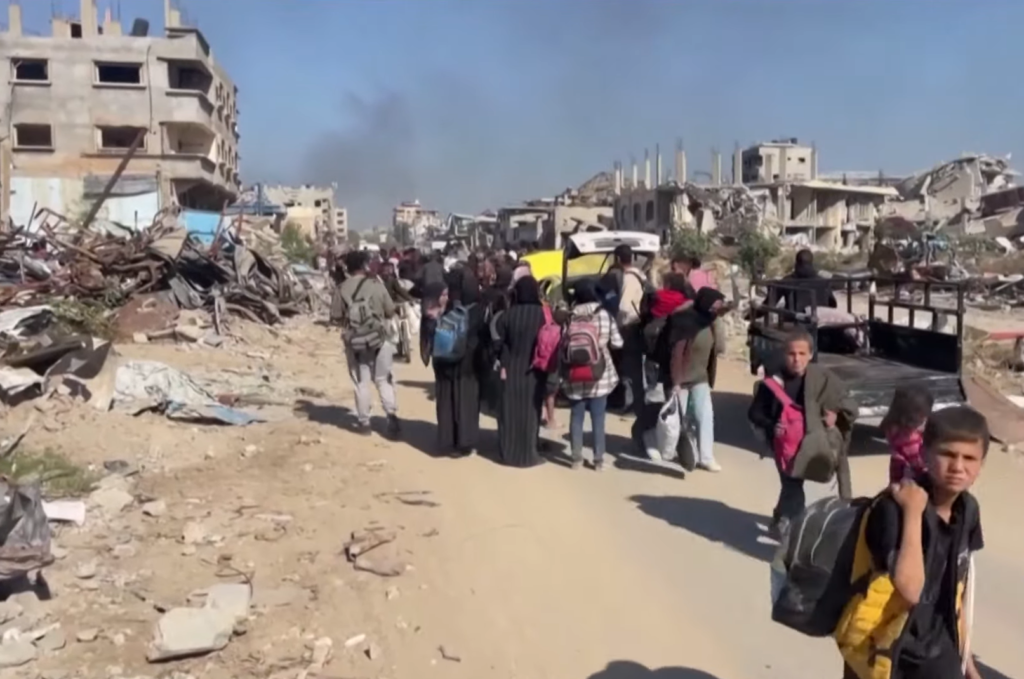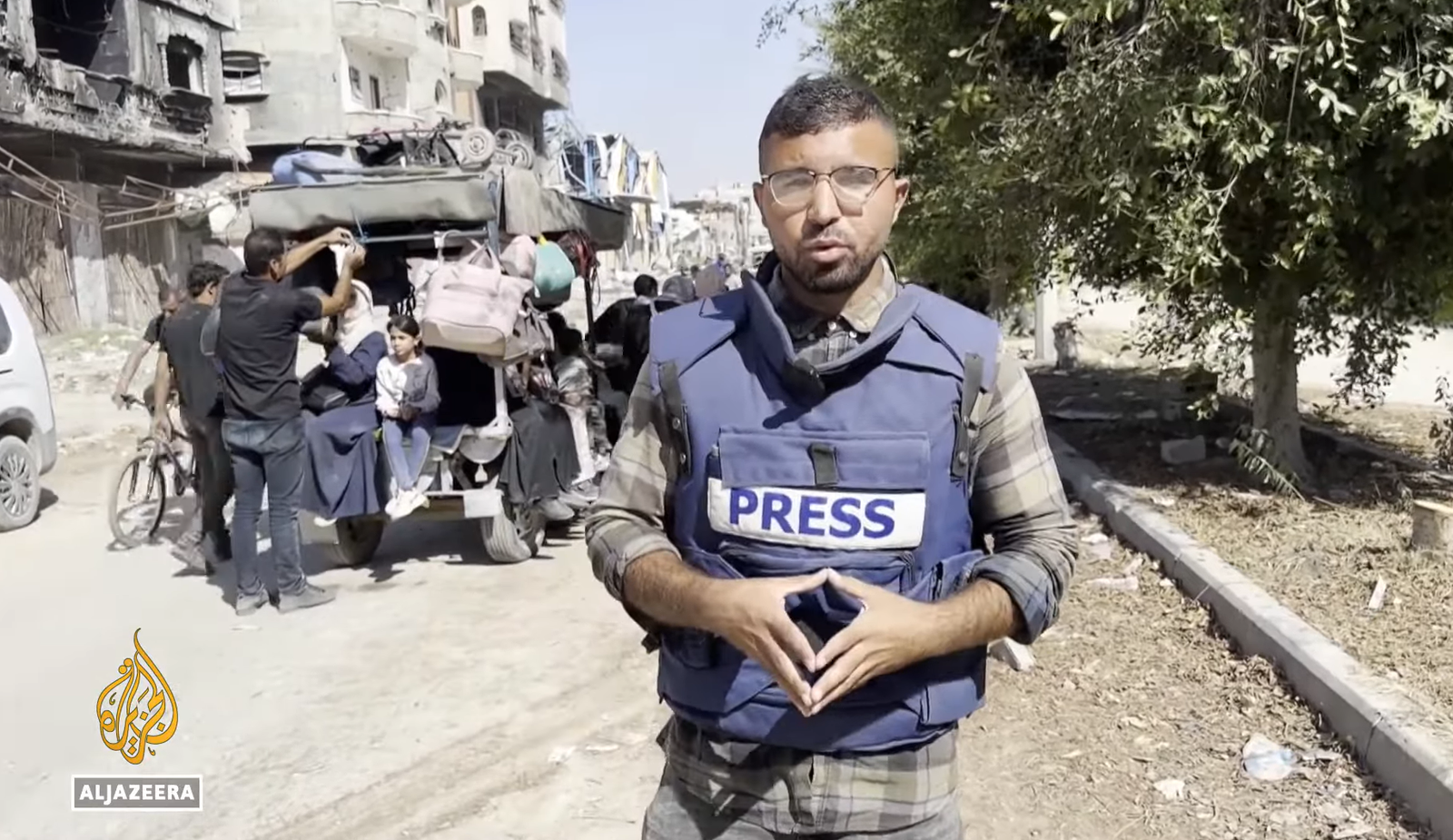
The recent surge in violence in Gaza has resulted in tragic consequences, highlighting the ongoing humanitarian crisis in the region. Two particularly devastating incidents have emerged: a raid by the Israeli army in Khan Younis that killed at least 38 members of a single family, including 14 children, and a series of airstrikes that obliterated residential buildings in the Jabalia refugee camp. These events not only underscore the escalating violence but also bring to light the grave implications for civilians caught in the crossfire.
The Context of Violence
The conflict between Israel and Palestine has deep historical roots, characterized by a cycle of violence that has persisted for decades. The recent escalation can be traced back to a combination of political tensions, territorial disputes, and ongoing military operations. Over the years, Gaza has borne the brunt of these conflicts, with civilians often paying the highest price. The recent attacks have intensified fears of a humanitarian catastrophe as thousands of innocent lives are at stake.
The Khan Younis Attack
Incident Overview
In Khan Younis, the Israeli army conducted a raid that resulted in the deaths of 38 individuals from one family. Among those killed were 14 children, an atrocity that has sent shockwaves through the local and international communities. Eyewitness accounts describe a chaotic scene, with families torn apart and loved ones lost in an instant. The psychological toll on survivors, particularly children, cannot be overstated.
Humanitarian Impact
The scale of the tragedy in Khan Younis raises urgent humanitarian concerns. Families have been left devastated, and the psychological scars from such violence are likely to last a lifetime. Local hospitals are overwhelmed with casualties, and medical supplies are running low. This incident highlights the dire need for humanitarian assistance and the protection of civilians in conflict zones. Organizations on the ground are struggling to provide essential care amid the chaos, exacerbated by the ongoing blockade and restrictions on aid.
International Response
The international community has reacted with outrage to the Khan Younis attack. Human rights organizations and various governments have condemned the incident, calling for accountability and immediate action to protect civilians. The United Nations has reiterated its stance that all parties must adhere to international humanitarian law, which protects civilians during armed conflicts. However, the response from those in power has often been tepid, with diplomatic solutions remaining elusive.
Jabalia Refugee Camp Massacre
Incident Overview
Following the tragedy in Khan Younis, Gaza’s civil defense reported a significant escalation in violence as the Israeli military carried out airstrikes in the Jabalia refugee camp. A dozen residential buildings were blown up, resulting in mass casualties. This attack has been described as a “major massacre,” highlighting the sheer scale of destruction and loss of life. Eyewitnesses reported hearing explosions and seeing plumes of smoke rising from the camp, where families were asleep when the strikes occurred.
Civilian Casualties
The Jabalia attack has left an indelible mark on the community, with countless lives shattered. Initial reports indicate that many of the victims were women and children, further emphasizing the tragic nature of this violence. The loss of homes and livelihoods adds to the ongoing humanitarian crisis, with displaced families facing uncertainty and fear. Local shelters are overflowing, and the lack of basic necessities such as food, water, and medical care is becoming increasingly dire.
Human Rights Violations
The series of attacks in Jabalia and Khan Younis raises serious concerns about human rights violations. International law mandates the protection of civilians during armed conflict, yet these incidents suggest a blatant disregard for such principles. The bombings have been met with widespread condemnation, with calls for an independent investigation into the actions of the Israeli military. Human rights advocates argue that these attacks are indicative of a larger pattern of violence that must be addressed to prevent future atrocities.
Broader Implications
The Humanitarian Crisis
The violence in Gaza has reached alarming levels, with countless civilians trapped in a cycle of violence that seems unending. The ongoing military operations have resulted in widespread destruction, leaving many families without homes and basic necessities. The United Nations has warned that the humanitarian situation is deteriorating rapidly, with food insecurity, lack of access to clean water, and inadequate medical care becoming increasingly common.
Press Freedom and Journalistic Safety
The recent attacks have also raised critical concerns about the safety of journalists working in conflict zones. Reporting from such areas poses significant risks, and the deaths of journalists in Lebanon and Gaza serve as a stark reminder of the dangers faced by those committed to uncovering the truth. The international community must prioritize the protection of journalists, ensuring that they can carry out their work without fear of reprisal.
The Need for Diplomatic Solutions
As violence continues to escalate, there is an urgent need for diplomatic solutions to the conflict. The cycle of violence can only be broken through meaningful dialogue and negotiation between all parties involved. The international community must take a proactive role in facilitating discussions aimed at achieving a lasting peace in the region.
Conclusion
The tragic events in Khan Younis and Jabalia highlight the urgent need for action to address the humanitarian crisis in Gaza. As the world watches, it is imperative that the voices of the victims are heard and that their suffering prompts a renewed commitment to protecting civilians and finding a path towards peace. The escalating violence cannot be ignored; it demands a collective response from the international community to ensure that such tragedies are never repeated.
In these challenging times, the principles of humanity, compassion, and justice must guide our actions as we strive to alleviate the suffering of those caught in the conflict. Only through concerted efforts can we hope to pave the way for a brighter future for the people of Gaza and the broader region.

Your point of view caught my eye and was very interesting. Thanks. I have a question for you. https://accounts.binance.com/fr-AF/register?ref=JHQQKNKN